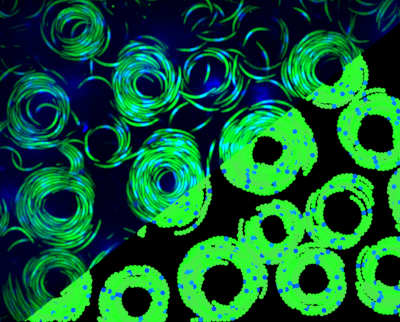Newsroom
STRUCTURES member Ulrich Schwarz examines how physical properties of malaria parasites can influence their individual and collective dynamics, as part of an interdisciplinary research team.

The disease of malaria is triggered by single-celled parasites that accumulate in large groups in the salivary glands of mosquitoes before transmission to human beings. In an interdisciplinary study, the research teams led by Prof. Dr Friedrich Frischknecht (malaria research), Prof. Dr Karl Rohr (biomedical image analysis) and Prof. Dr. Ulrich Schwarz (physics of complex biosystems) have set the pathogens in motion and studied their collective dynamics. The researchers discovered that malaria parasites can migrate in large vortices when extracted by means of appropriate experimental preparation. To understand these phenomena the acquired image data were analysed quantitatively using cutting-edge methods of image processing, allowing to precisely identify the parameters that explain the experimental observations. The teams observed emerging properties of collective migration, which arise because the movement of the individual pathogens is converted into elastic energy that is stored in the vortex. “Our new model system offers the opportunity to better understand the physics of collectives with elastic properties and perhaps render them usable for technical applications in the future,” explains Ulrich Schwarz.
Weblinks:
University's press release (English, May 13).
Original publication by Patra et al. (2022) in Nature Physics
